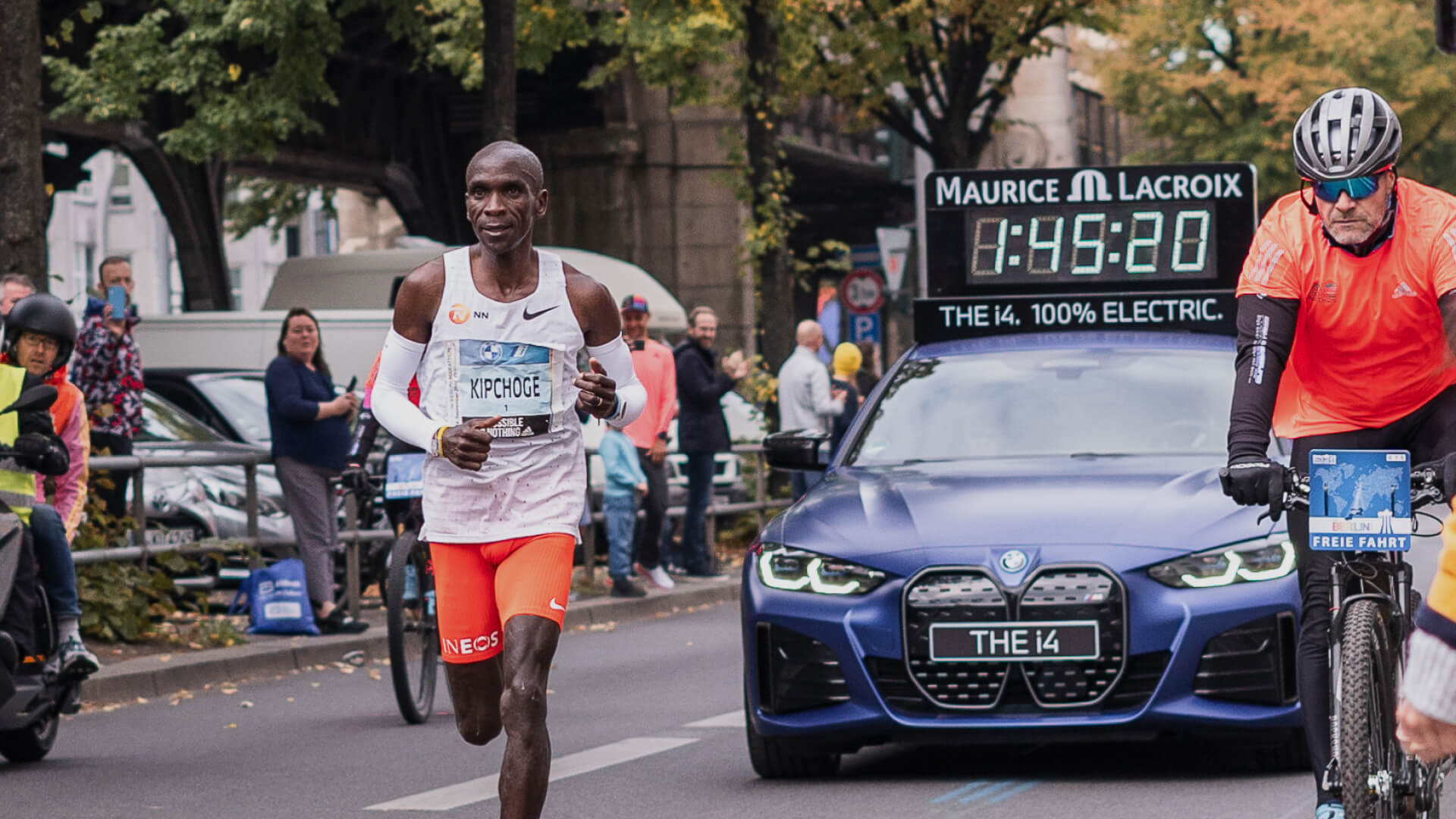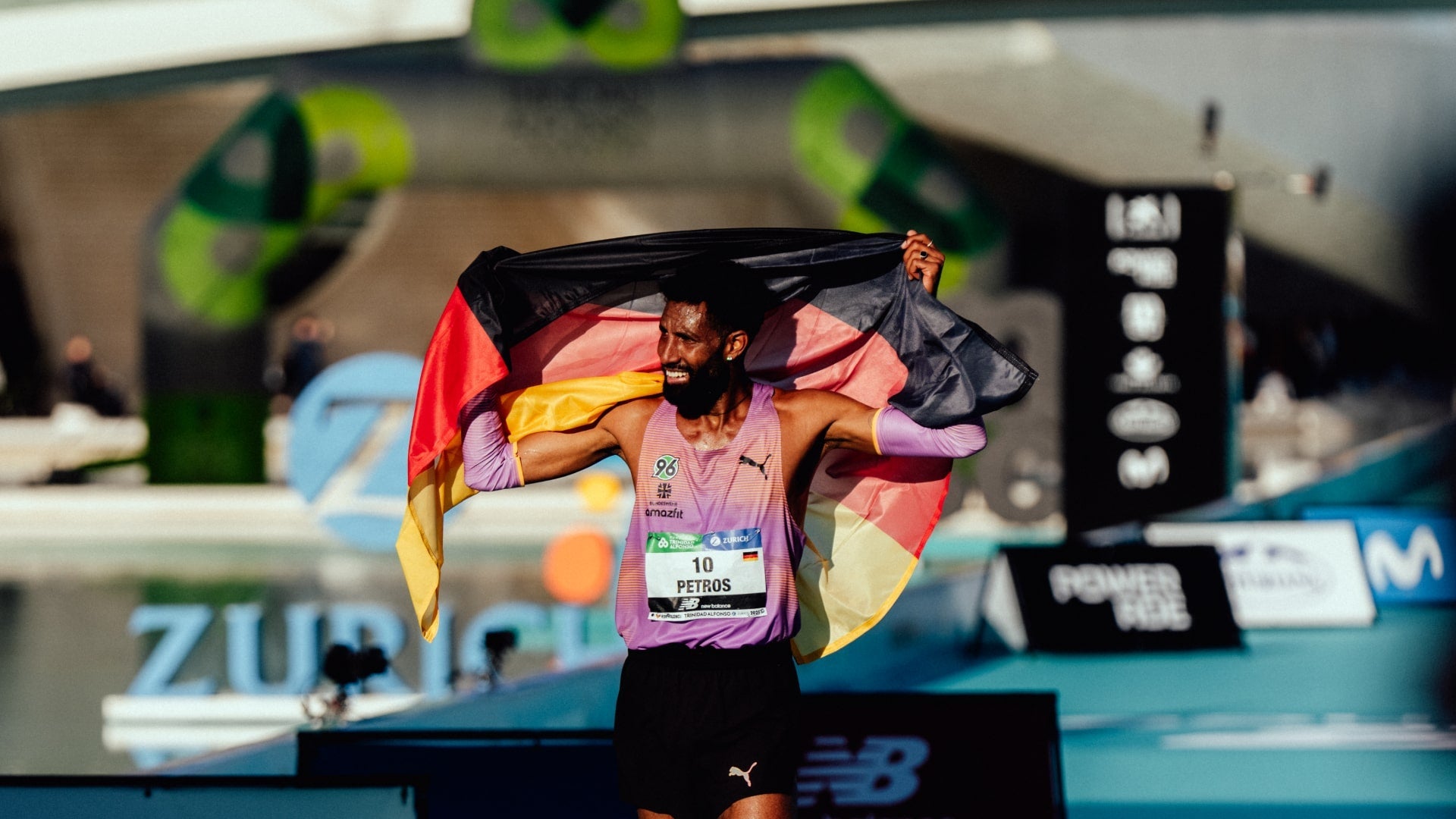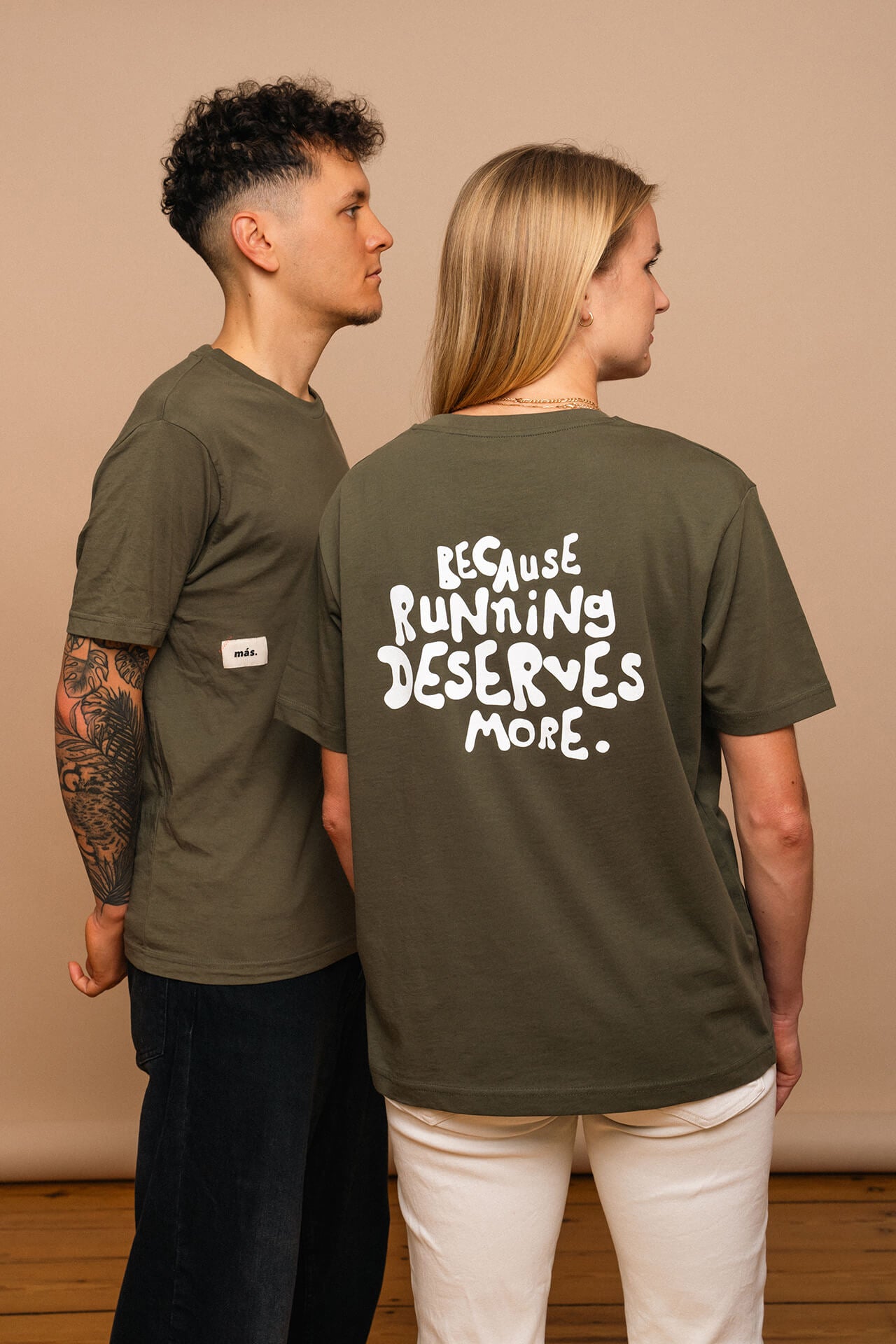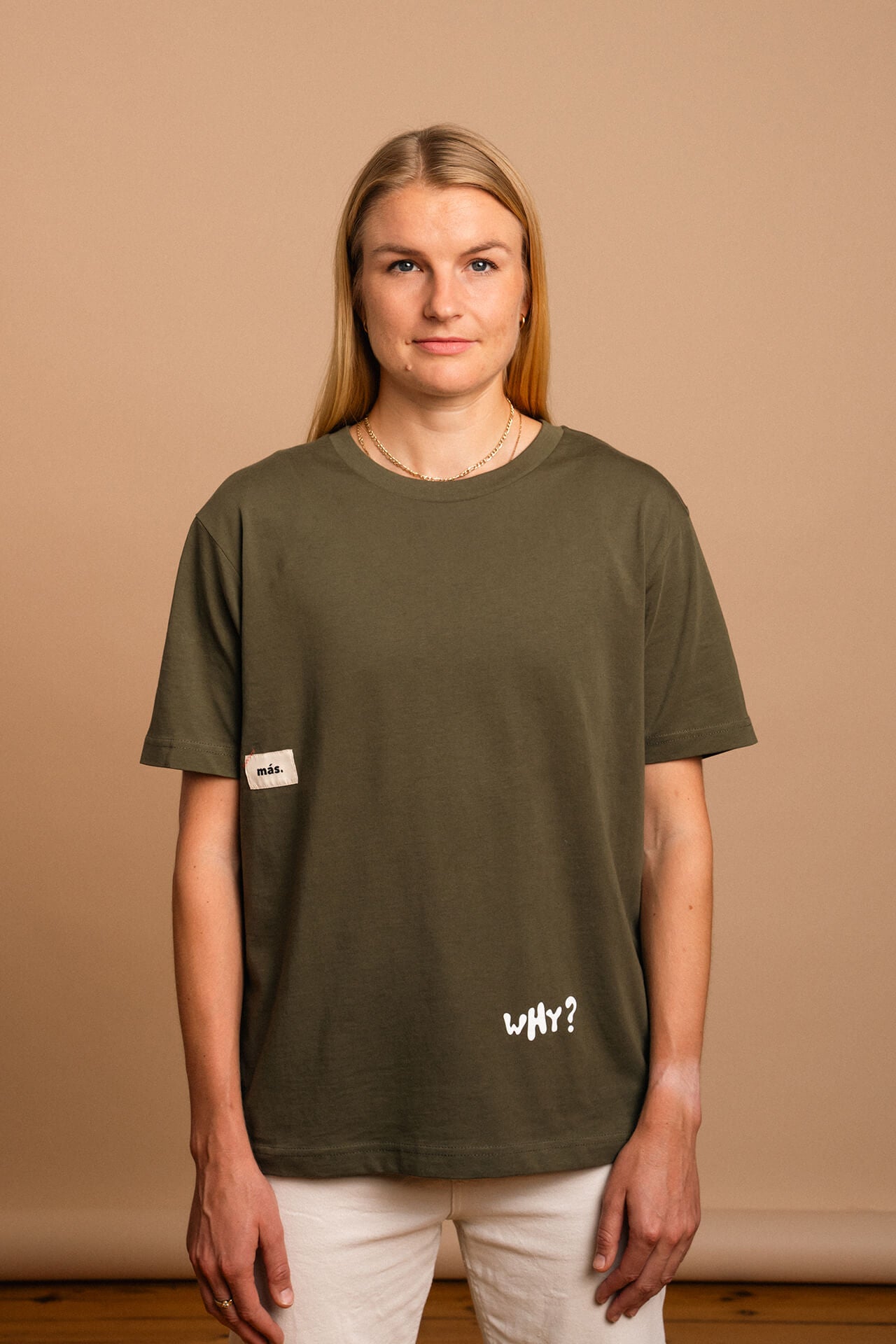
Marathon in under 2 hours, and what's next?
For many, the 2-hour mark is the last great milestone to break in running. In recent years, runners have been getting closer and closer to this barrier. But at what cost and does this development help our sport?
To qualify for the 2024 Olympics in Paris, runners have to meet time standards that would have been unimaginable a few decades ago. Indeed, today there are many new training methods, better equipment, better recovery techniques and generally more scientific approaches in sports. But I wonder if this is a healthy development. Year after year, new records are regularly set for both women and men. The "super shoes" have accelerated this development even more and the density of fast times has also increased extremely. Suddenly, the sub-2h mark - in an official race - that many have longed for also seems within reach. The reigning world record holder from Kenya, Eliud Kipchoge, ran very close to this mark last year in Berlin (2:01:09), the newcomer Kevin Kiptum this year in London (2:01:39).
The same, probably even stronger, applies to performances on the track. In the past indoor season (2022/23), an extremely large number of national, but also world records were broken again worldwide. Among them, for example, the 25-year-old indoor WR over 3,000m by Kenyan legend Daniel Koman (7:24.90, 1998 in Budapest). The record was broken directly by two runners this year at the 3,000m indoor race in Liévin, France: Lemecha Girma of Ethiopia in 7:23.81 and Mo Katir of Spain in 7:24.68. Another example is the 600m indoor WR by Russia's Olga Kotlyarova in 2004 (1:23.44), which Keely Hodgkinson broke this year in Manchester by 0.03 second (1:23.41).
Extraordinary performances by extraordinary athletes, no question. But how important and inspiring are such record-breaking runs really, and how long are they remembered?

I doubt whether any of the active runners benefit from this development. I would even argue that the development is bad for running as a sport. For most amateur runners out there, such times are simply not relatable. The global average time for a marathon is around 4 hours and 21 minutes - men average 4 hours and 13 minutes, women 4 hours and 42 minutes. So it makes no difference at all whether the pros finish the marathon in 1:59, 2:03 or 2:12 or, for women, in 2:09, 2:17 or 2:31. Everything is "fast" and there is no reference to it. There is even less understanding of the times and distances on the track. The name of the new record holder might be written down in a list, but the achievement is fleeting. After a few days, very few people remember it. What is remembered are stories: duels, comebacks, defeats, victories.
The drive to improve and optimise
After finishing 2022 pretty solid with a great PB at the Berlin Half Marathon (1:14:08) as well as my debut at the Berlin Marathon (2:40:49), I had a hard time setting new running goals for 2023 for quite a while (and still do). I was surprised by the performances, but also simply proud and satisfied.
I didn't want to compare myself with the previous year, when the preparation for both races went nearly without a hitch. I also asked myself where this compulsion and desire to improve comes from and for whom or for what I am actually doing this. Because if we are honest: who cares if my PB is 1:14:08 or 1:13:59... or if I might run under 70min one day? Because "fast" is relative.
Of course it's fun to improve. It's a great feeling to optimise small things and to see the improvement in form of a faster time. In the beginning the jumps are bigger, but usually the curve flattens out at some point. For some earlier, for others later. And then the question arises: what else can I improve? What other possibilities are there that I'm not currently using to the full?

For professional runners, this is everyday life. The boys and girls train so hard, are more and more meticulous in their approach and sacrifice so much in the process. In many cases, they even have a whole team of experts around them who give them tips, methods and further ways to improve. And all this in order to chase personal bests or norms. Their competition and thus annual planning is dictated by the standards and qualification guidelines of European or World Championships or, of course, the big dream of the Olympics. The standards are getting faster and faster, which means more pressure and even more need for perfection in training for the runners.
Chasing other people's times or increasingly faster time standards - where is that going to lead? Wouldn't it be time to rethink running completely? Away from personal bests, towards more exciting races and, above all, more relatable performances. More spectator-friendly events, more variety for the athletes and at the same time a more exciting experience overall. Other sports show that it is possible. Who is in?
Until next time!
Written by

Sven Rudolph
Passionate runner and proud introducer of#runningdeservesmore - - has the vision to make running cooler. Find out more on his instagram @rrrudolph










